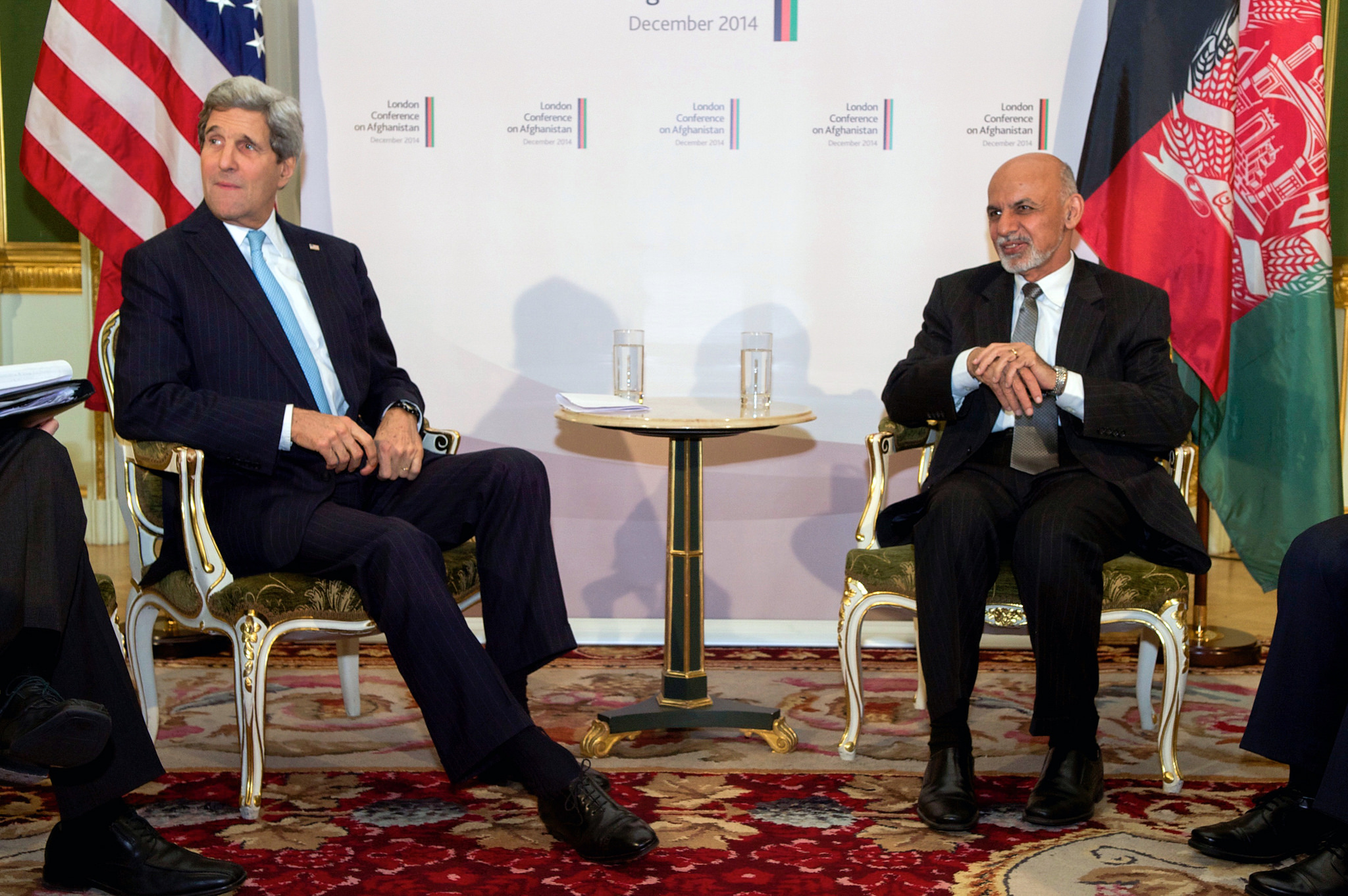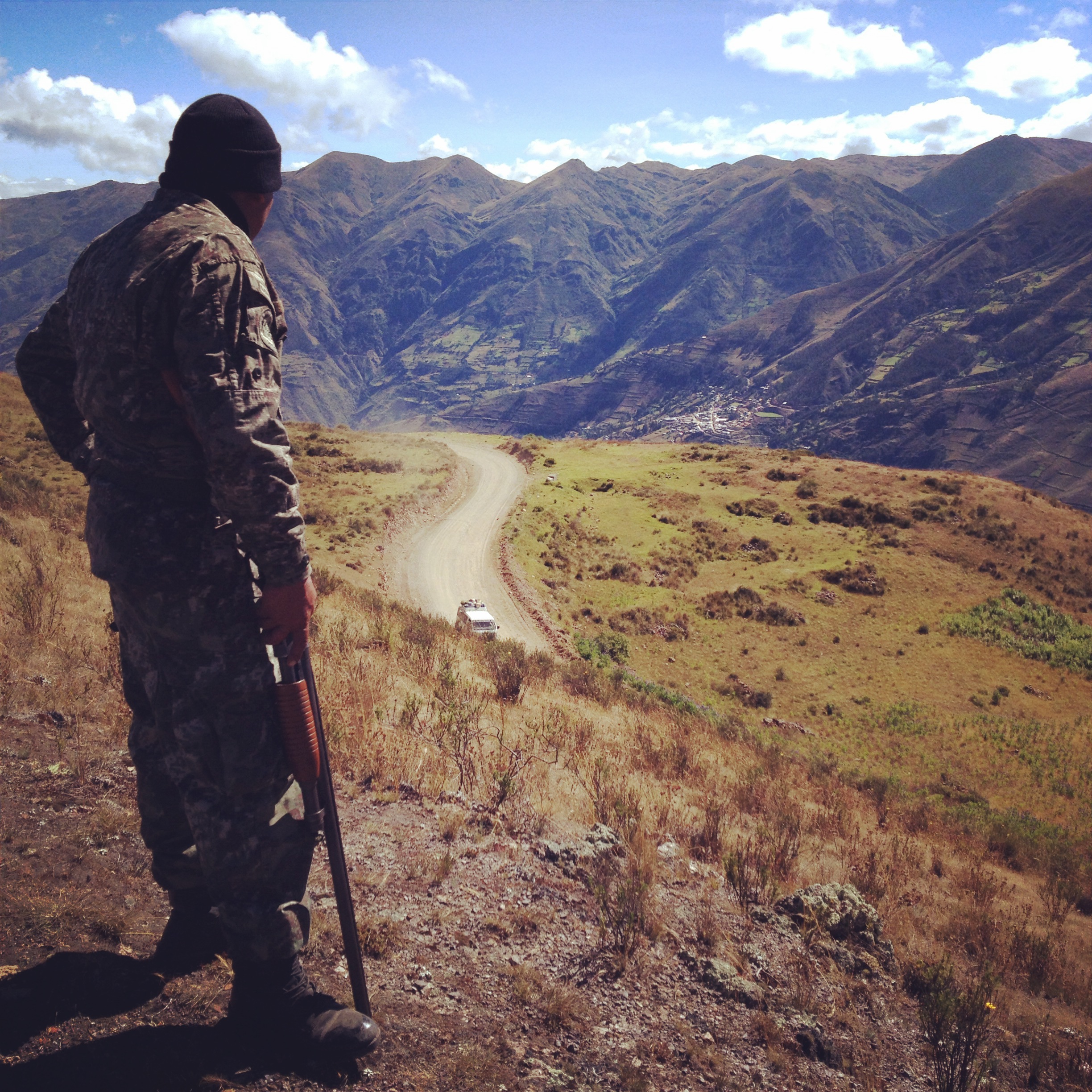By Cullen S. Hendrix for Denver Dialogues
Oil is the world’s most widely-traded commodity, and–a few alternative fuel vehicles aside–vital for the projection of military power. Because of this, oil has played, and continues to play, a significant role in the strategic calculations of major powers. This was especially true during the Cold War, as resource competition resulted in major powers backing oil-rich autocracies such as the Gulf States, Angola, and the Republic of Congo, and subverting the democratic processes in others.
Despite this fact, geopolitical considerations have not loomed large in the literature on the oil curse: the negative relationship between oil and democracy. Though there are dissenting voices, there is now fairly strong consensus that, at least since the 1980s, oil has hindered democracy. Conventional wisdom is that this was due to the unprecedented high oil prices of the 1970s and waves of nationalization that took oil revenues out of the hands of Western firms and placed it directly in government coffers.
In a new article in the Journal of Global Security Studies, however, I argue that the end of the Cold War was the beginning of the oil curse: a changed geostrategic environment meant comparatively oil-poor but previously US- or Soviet-backed autocracies started succumbing to democratizing pressures, while oil-rich autocracies had more resources to stave off the movements that would become the third wave of democratization.
Countries with large endowments of oil and large per capita oil incomes therefore tend to be less democratic than their oil-poor brethren. The effects of oil flow through several channels, but at root it seems that oil wealth–and the ease with which it can be captured by governments because of the massive economies of scale and highly geographically concentrated nature of its production–disrupts the financial dependence of rulers on their citizens. This insulates governments from pressures to give the populace a say in governing: if the democracy mantra is “no taxation without representation,” in oil-rich countries one might say “no taxation, no representation.”
So, why did this oil curse emerge in the 1980s? Jørgen Andersen and Michael Ross argue the “big oil change” was due to a wave of nationalizations of oil that took oil revenue out of the hands of powerful Western firms and placed it directly in government coffers. While I don’t doubt these factors were important, high prices can’t explain why the curse got stronger in the 1990s, the decade with the lowest average per capita oil incomes since the 1950s.
Rather, I root my explanation in a revisionist interpretation of how Cold War geopolitics affected both oil-rich and oil-poor regimes. Because of its strategic significance, several oil-rich countries were important fronts during the Cold War (Indonesia, Angola, Iran). But comparatively oil-poor countries were as well: Afghanistan, Ethiopia, Rep. of Korea, Nicaragua, Vietnam, etc. To understand the post-Cold War emergence of the oil curse, countries like Nicaragua are as important as Iran or Saudi Arabia.
During the Cold War, the United States, the Soviet Union, and their respective allies provided overt and covert financial and military support for anti-communist and communist dictatorships and to subvert democratic elections. US and Soviet influence in the developing world was not confined to oil-rich countries and, on balance, was more targeted more toward comparatively oil-poor regimes. In the article, I demonstrate this using data on both US development assistance and data on US and Soviet covert and overt military interventions. Much like oil income, these major power interventions insulated these oil-poor regimes from pressures to democratize.
As the Cold War wound down, but especially after the collapse of the Soviet Union in 1991, three changes occurred that affected material support for oil-poor authoritarian regimes: 1) the total volume of US and Western aid to some regions–particularly Central America, Northern Africa and Southern Asia–declined; 2) aid was increasingly conditional on pro-democracy movements; and 3) the Soviet Union’s support for communist authoritarian regimes evaporated and the Soviet Union collapsed, creating newly independent states that undertook their own processes of democratization–with considerable Western support.
Thus, the end of the Cold War resulted in a large retrenchment in resources available to oil-poor authoritarian governments. This resulted in movements toward democracy in these countries. Oil-rich autocracies were better positioned to weather the wave of democracy. In the article, I present a broad array of statistical evidence to support this claim: the oil curse is a post-Cold War phenomenon and roughly 80% larger than previously estimated.
These correlations are further investigated via paired case studies of Azerbaijan and Georgia, two former Soviet republics that followed very different democratic trajectories. In oil-rich Azerbaijan, democratically elected president Abulfaz Elchibey was overthrown in a coup that would bring Heydar Aliyev, father of current president Ilham Aliyev and a former Soviet official, to power. The Aliyev family has ruled since through extensive patronage networks, electoral fraud (results released before polls opened!) and opposition intimidation.
In contrast, Georgia’s trajectory has been one of more successful democratization. Eduard Shevardnadze, another former Soviet elite, was elected president in 1994. Like Aliyev, Shevardnadze attempted to consolidate power and extend his rule. Unlike Aliyev, he was unsuccessful. In 2003, following troubled legislative elections, mass nonviolent protests culminating in the Rose Revolution, and international condemnation, Shevardnadze resigned. The Supreme Court annulled the electoral results and new elections were scheduled for 2004. Though far from perfect, checks and balances and mass nonviolent mobilization in the Georgian context prevented a former Soviet-era elite from consolidating personalist rule.
Whether oil is a blessing or a curse to countries that discover it is a topic of significant current import. Though exploration has slowed to a snail’s pace, the early 21st century commodity boom catalyzed a gold rush-like frenzy of exploration effort, resulting in radical upward revisions of proven oil reserves in many established exporters but also new discoveries across Africa and Southeast Asia. My analysis suggests these discoveries auger poorly for democracy in these newly oil-rich authoritarian regimes.
Research on the oil curse has not, in the main, accounted for systemic influences on patterns of democratization and the way major powers have sought to either promote or inhibit democratization at different times. In doing so, research on the oil curse has played a variant of the “reductionist gamble”, analyzing the domestic politics of oil largely in isolation from broader international dynamics. Recent scholarship has begun to uncover strong effects of oil wealth on interstate behavior, including conflict and participation in intergovernmental organizations. These findings indicate the effect of oil on democracy is shaped not just by the international price environment, but geopolitical dynamics as well.







